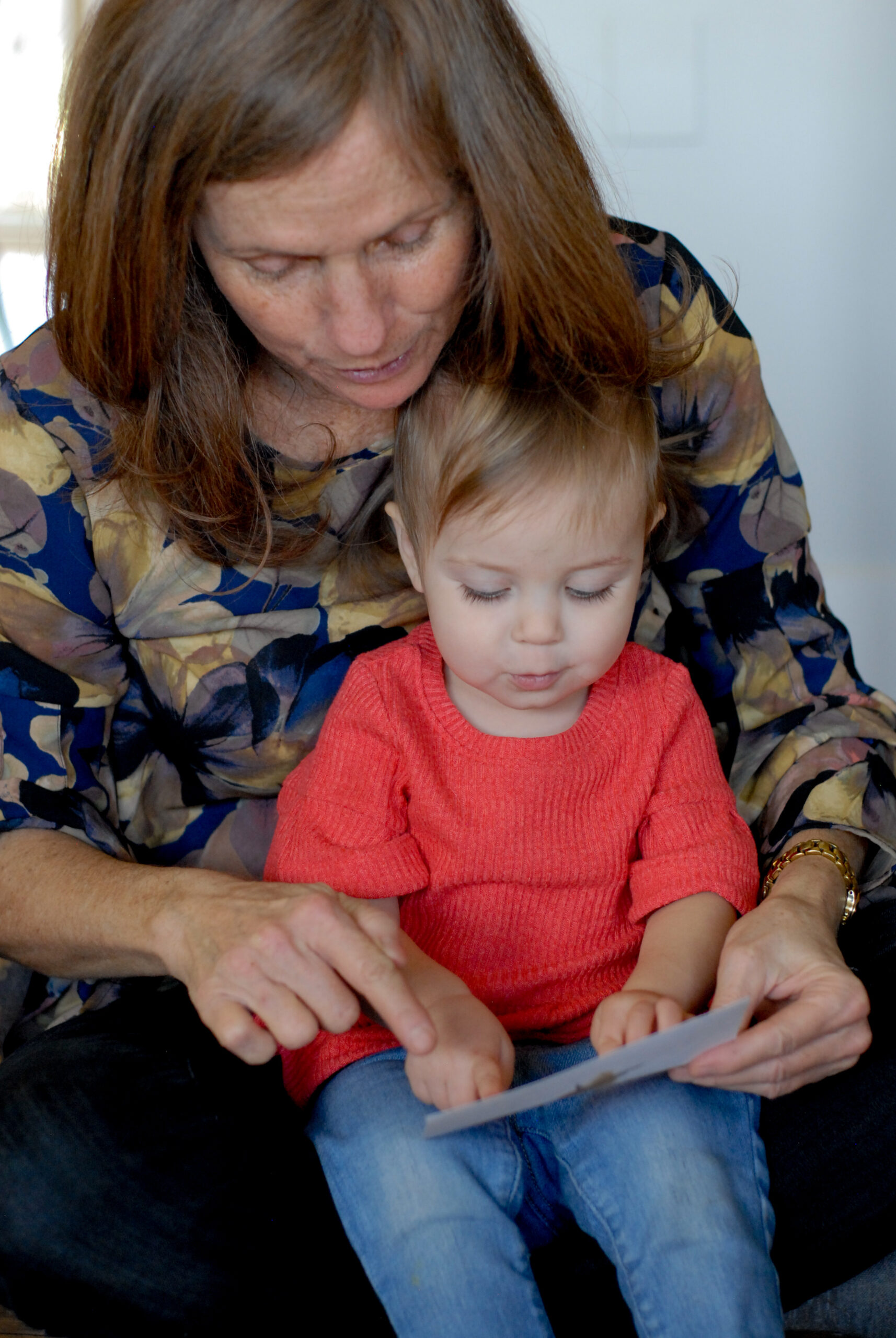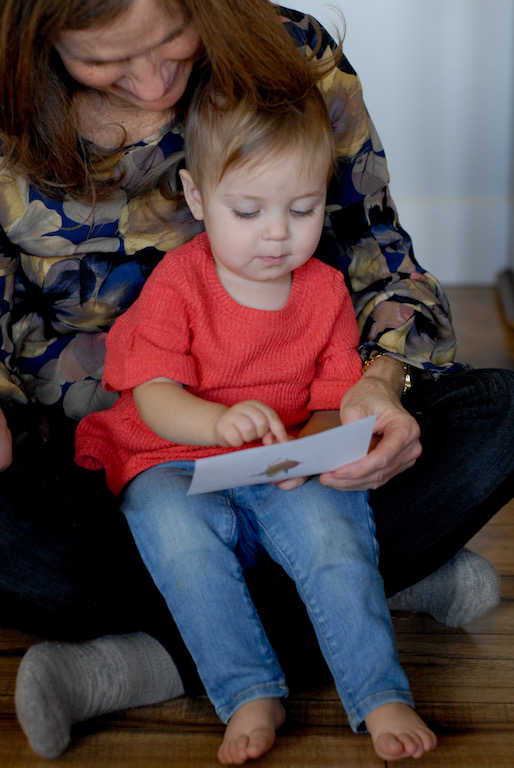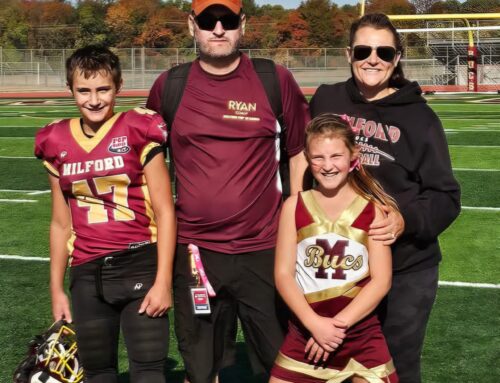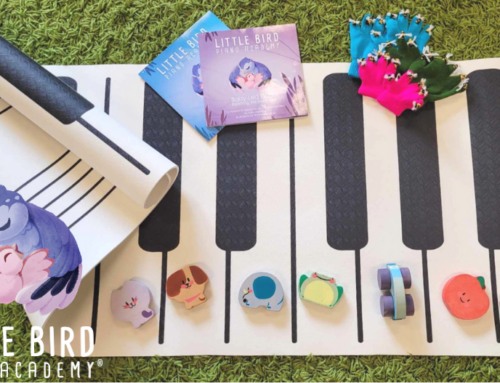Music has long been a part of being human, just like talking. Mothers have sung to their babies for eons, and babies have communicated by crying. I call it singing. Babies use pitch, frequency, intensity, dynamic changes (loud and soft), and texture to tell us what they need – even before they’re able to talk.
At Little Bird Academy, I teach you to use your skills of listening to, understanding, and responding to your child’s verbal language, and transfer those skills to teaching them the language music.
Playing might be one of the most important things parents can do with their kids.
Music bonds and connects you and your child. Playing music together is one of the most connecting, mind-, heart- and soul-building activities families can engage in!
And, you learning a new skill teaches your kids a growth mindset!
Studies show that music actually enhances reading, writing, and speaking. Traditionally, children aren’t taught music until AFTER they learn to read and write. This makes no sense.
Two common reasons are:
1. The misconception that some people are musical and some aren’t. How often have you heard people say, “I can’t sing”.
2. Even trained musicians don’t necessarily know how to teach music to little, little kids.
- teaching Ginny
- Teaching Toddler Music
The truth is, anyone (well anyone who hasn’t bought into the idea that some can and some can’t) can sing songs to their babies, and I hope more and more moms will! And babies CAN learn the language of music. It will enhance every other aspect of their learning.
At Little Bird Academy, you and your child will learn musical skills. You’ll learn to play the piano, read and write music, improvise (making up your own music) the way jazz musicians do. Did you know classical composers like Mozart, Beethoven and Bach improvised when they performed? You and your kids will also learn to transpose (play a piece in a different key than it is written in) and to play by ear. And that’s cool.
All these musical skills translate into life skills like confidence in coming up with new ideas, learning from other people, increased verbal and language acquisition, overall brain development, and most importantly the ability to communicate on a deeper level than can be done with only language.

